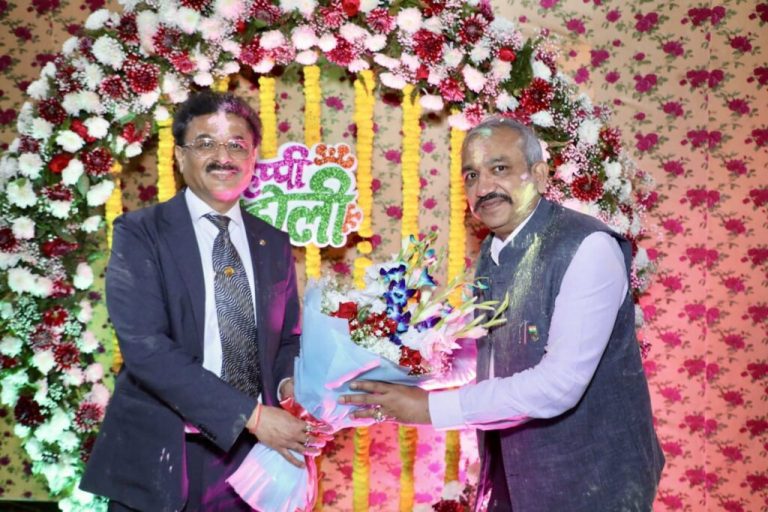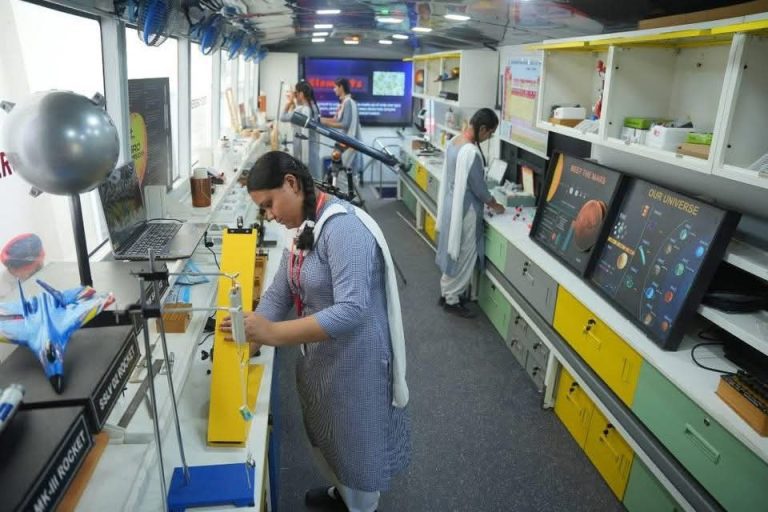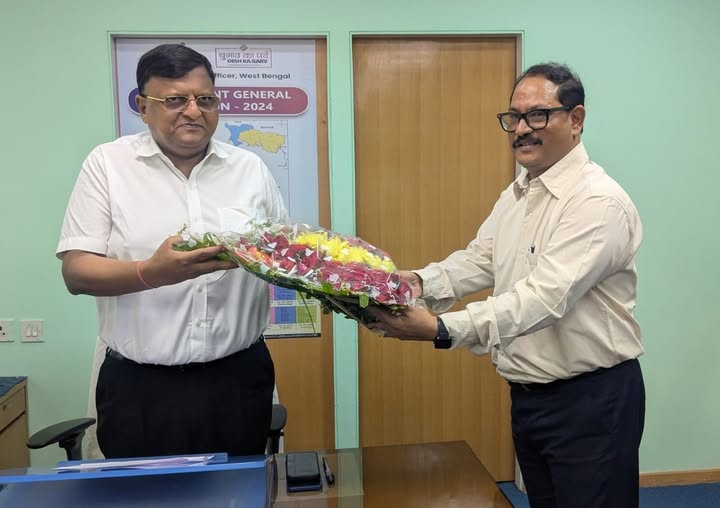In the Brazilian city of COP30 (Belém), India delivered a dual message to the world: on one hand, it called for a united global push to secure clean energy for Small Island Developing States (SIDS); on the other, it presented the Joint Crediting Mechanism (JCM) as a concrete tool for equitable, scalable climate action.
India climate action in COP30: Energy Security for SIDS
At the leadership session of the International Solar Alliance (ISA)-SIDS Platform, held on the sidelines of COP30, India stressed that SIDS are highly vulnerable: heavy reliance on fossil imports, exposure to climate shocks, and weaker infrastructure.
Read also: India Calls for “CoP of Adaptation” at COP30 in Brazil, Demands Finance, Technology & Justice
India’s environment minister Bhupender Yadav pointed out that India’s own solar models — rooftop, rural, agricultural — can be shared with SIDS. The purpose is clear: reduce dependency on diesel, cut costs, improve resilience.
JCM: A Tool for Equitable Action
In the meeting of JCM Partner Countries, India reaffirmed its partnership with Japan under Article 6 of the Paris Agreement, treating JCM as a catalyst for low-carbon technologies and supporting India’s national climate targets (NDCs).

India stressed that JCM is not just about offsetting — it’s about scale, equity and access to advanced clean technologies.
Importance of India climate action in COP30
SIDS = priority: These island nations often import most of their energy and face high climate risk. India’s offer to share solar models is timely.
From pledges to delivery: With climate finance under stress and many promises unmet, India’s emphasis on tools like JCM signals a push for real action, not just talks.
Technology transfer & equity: The conversation goes beyond just money; it’s about enabling developing countries to use advanced clean tech.
India’s leadership role: Achieving over 50 % non-fossil capacity ahead of schedule (as India claims) adds credibility.
Key Takeaways & Insights
- India’s clean energy story is central: more than half of its installed electricity capacity comes from non-fossil sources.
- Shared models: India mentioned rooftop solar for homes, solar for agriculture, and rural models as replicable across islands.
- JCM’s role emphasised: Not just cost-saving but enabling low-carbon tech adoption, fairness, and scaling-up.
- India-Japan cooperation: Reaffirmed under Article 6 of Paris Agreement.
- Global call: India asked for “united global action” — meaning rich and poor nations must work together, share technology, finance and commit to real delivery.
What’s Next / What to Watch
- Will India formalise specific partnerships or pilot projects with SIDS using its solar-models?
- How will JCM projects scale up globally — and will developing countries gain real access to these?
- Will rich countries respond with more climate finance (not just billions but trillions, as India suggests)?
- How will COP30 outcomes reflect these calls — will tools like JCM and SIDS energy security find place in the final decisions?































